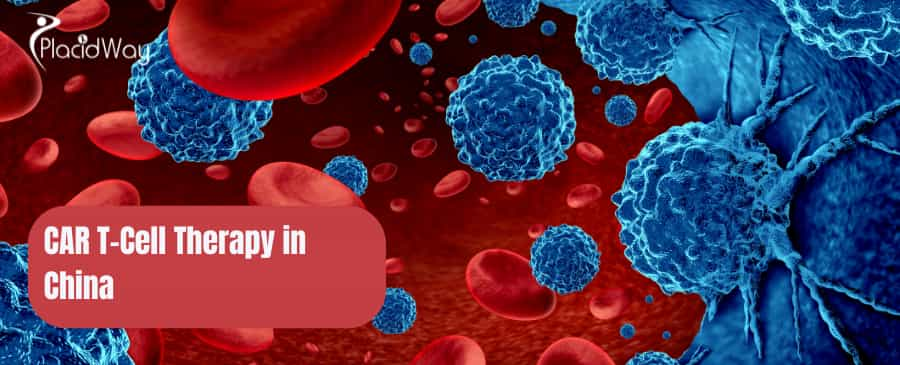
CAR T-cell therapy, a cutting-edge treatment for certain types of cancers, is gaining attention for its effectiveness and innovation. In China, the cost of CAR T-cell therapy is notably more affordable compared to Western countries, making it an attractive option for patients worldwide. With a growing number of advanced clinics offering this treatment, China is emerging as a leading destination for medical tourists seeking high-quality, cost-effective cancer care. This introduction provides an overview of the costs associated with CAR T-cell therapy in China and highlights some of the top clinics where this transformative treatment is available.
Cost of CAR T-Cell Therapy in China
CAR T-cell therapy in China is gaining popularity due to its advanced medical technology and significantly lower costs compared to Western countries. The overall cost for CAR T-cell therapy in China ranges between $50,000 and $150,000 USD. This cost includes various components such as initial consultations, T-cell collection, cell modification, infusion, hospitalization, and post-treatment care.
Cost Breakdown Table for CAR T-Cell Therapy in China
| Component | Estimated Cost (USD) |
|---|---|
| Initial Consultation | $500 - $1,000 |
| Diagnostic Tests | $2,000 - $5,000 |
| T-cell Collection | $5,000 - $10,000 |
| T-cell Modification | $20,000 - $55,000 |
| Infusion Procedure | $5,000 - $10,000 |
| Hospitalization (2-4 weeks) | $5,000 - $15,000 |
| Post-Treatment Monitoring | $2,500 - $5,000 |
| Total Estimated Cost | $50,000 - $150,000 |
Factors Influencing the Cost
- Clinic Reputation: Renowned clinics with advanced facilities and experienced medical staff may charge higher fees.
- Complexity of Treatment: The specific type and stage of cancer being treated can impact the overall cost.
- Length of Hospital Stay: Extended hospitalization for monitoring and managing side effects can increase costs.
- Additional Services: Services such as language translation, travel assistance, and accommodation for international patients can add to the total expense.
Some of the best clinics are:
Why Choose CAR T-Cell Therapy in China?
- Affordability: The lower cost of CAR T-cell therapy in China makes it an attractive option for many patients.
- Advanced Medical Technology: China boasts state-of-the-art medical facilities and cutting-edge technology for cancer treatment.
- Expertise: Many Chinese clinics are staffed with experienced oncologists and medical professionals specializing in CAR T-cell therapy.
- Comprehensive Care: Clinics in China offer a holistic approach to cancer treatment, including pre- and post-treatment care, ensuring a seamless patient experience.
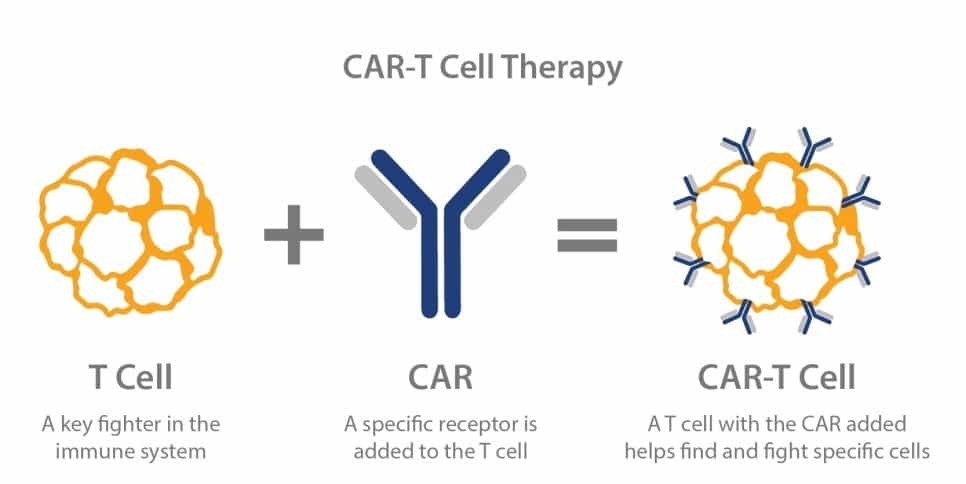
What is CAR-T (Chimeric Antigen Receptor T-cell)?
First, let's take a look at the human immune system.
The immune system is made up of a network of cells, tissues, and organs that work together to protect the body. One of the important cells involved are white blood cells, also called leukocytes, which come in two basic types that combine to seek out and destroy disease-causing organisms or substances.
The two basic types of leukocytes are:
- phagocytes, cells that chew up invading organisms
- lymphocytes, cells that allow the body to remember and recognize previous invaders and help the body destroy them
A number of different cells are considered phagocytes. The most common type is the neutrophil, which primarily fights bacteria. If doctors are worried about a bacterial infection, they might order a blood test to see if a patient has an increased number of neutrophils triggered by the infection. Other types of phagocytes have their own jobs to make sure that the body responds appropriately to a specific type of invader.
The two kinds of lymphocytes are B lymphocytes and T lymphocytes. Lymphocytes start out in the bone marrow and either stay there and mature into B cells, or they leave for the thymus gland, where they mature into T cells. B lymphocytes and T lymphocytes have separate functions: B lymphocytes are like the body's military intelligence system, seeking out their targets and sending defenses to lock onto them. T cells are like the soldiers, destroying the invaders that the intelligence system has identified.
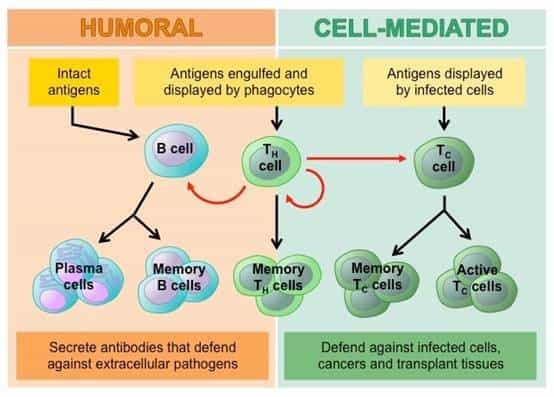
Chimeric antigen receptor(CAR) T cell technology: is a kind of adoptive cellular immunotherapy(ACI). Patient’s T cell express CAR through genetic reconstruction technology, which make the effector T cells are more targeted, lethal and persistent than conventional immune cells, and can overcome local immunosuppressive microenvironment of tumor and break host immune tolerance. This is a specific immune cell anti - tumor therapy.
The principle of CART is to take out the "normal version" of the patient's own immune T cells and proceed gene engineering, assemble in vitro for tumor specific targets of large antipersonnel weapon "chimeric antigen receptor (CAR)", and then infuse the changed T cells back into the patient's body, new modified cell receptors will be like to install a radar system, which is able to guide the T cells locate and destroy cancer cells.
The Advantage of CAR T-Cell Therapy at BPIH
Due to differences in the structure of the intracellular signal domain, CAR T-cell therapy has evolved through four generations. At BPIH, we utilize the latest generation of CAR T-cell therapy.
1st Generation
- Stimulation Factor: Basic T cell activation signal
- Feature: Specific T cell activation and cytotoxicity but limited proliferation and survival within the body.
- Tumor Inhibition Effect: Poor
2nd Generation
- Stimulation Factor: Basic activation signal + First costimulator (CD28/4-1BB/OX40)
- Feature: Addition of a costimulator improves cell toxicity with limited proliferation ability.
- Tumor Inhibition Effect: Improved
3rd Generation
- Stimulation Factor: Basic activation signal + Two costimulators (CD28/4-1BB/OX40 + CD134/CD137)
- Feature: Addition of two costimulators enhances proliferation ability and toxicity.
- Tumor Inhibition Effect: Significantly improved inhibition of tumor proliferation and promotion of apoptosis.
4th Generation
- Stimulation Factor: Advanced control mechanisms (suicide gene/Armored CAR-T (IL-12) Go CAR-T)
- Feature: Integration of a suicide gene, expression of immune factors, and other precise control measures. CAR-T cells can participate in clearing tumor cell populations by activating additional pathways to induce interleukin-12 after recognizing the target antigen.
- Tumor Inhibition Effect: Enhanced ability to clear tumor cell populations.
Treatment Procedure
- White blood cell isolation: Patient’s T cells are isolated from the peripheral blood;
- T cells activation: magnetic beads (artificial dendritic cells) coated with antibodies are used to activate T cells;
- Transfection: T cells are genetically engineered to express CAR in vitro.
- Amplification: The genetically modified T cells are amplified in vitro.
- Chemotherapy: The patient is pre-treated with chemotherapy before T cell reinfusion;
- Re-infusion: Genetically modified T cells infuse back into the patient.
Indications
|
Indications for CAR-T |
|
|
Respiratory system |
Lung cancer (Small cell carcinoma, squamous cell carcinoma, adenocarcinoma), nasopharynx cancer, etc. |
|
Digestive system |
Liver, stomach and colorectal cancer, etc. |
|
Urinary system |
Kidney and adrenal carcinoma and metastatic cancer, etc. |
|
Blood system |
Acute and chronic lymphoblastic leukemia (T lymphoma excluded) etc. |
|
Other cancers |
Malignant melanoma, breast, prostat and tongue cancer, etc. |
|
Surgery to remove the primary lesion, but the immunity is low, and recovery is slow. |
|
|
Tumors with widespread metastasis that could not proceed to surgery. |
|
|
The side effect of chemotherapy and radiotherapy is big or insensitive to chemotherapy and radiotherapy. |
|
|
Prevent tumor recurrency after surgery, chemotherapy and radiotherapy. |
|
 Advantages:
Advantages:
- CAR T cells are highly targeted and can kill tumor cells with antigen specificity more effectively.
- CAR-T cell therapy requires less time. CAR T requires the shortest amount of time to culture T cells because it requires fewer cells under the same treatment effect. The vitro culture cycle can be shortened to 2 weeks, which largely reduced the waiting time.
- CAR can recognize not only peptide antigens, but also sugar and lipid antigens, expanding the target range of tumor antigens. CAR T therapy is also not limited by the protein antigens of tumor cells. CAR T can use the sugar and lipid non-protein antigens of tumor cells to identify antigens in multiple dimensions.
- CAR-T has a certain wide - spectrum reproducibility. Since certain sites are expressed in multiple tumor cells, such as EGFR, a CAR gene for this antigen can be widely used once it is constructed.
- CAR T cells have immune memory function and can survive in the body for a long time. It is of great clinical significance to prevent tumor recurrence.
FAQs About CAR T-Cell Therapy in China
1. What is CAR T-cell therapy?
CAR T-cell therapy is an innovative treatment for certain types of cancers, such as leukemia and lymphoma. It involves modifying a patient's T-cells in the laboratory to attack cancer cells more effectively.
2. How much does CAR T-cell therapy cost in China?
The cost of CAR T-cell therapy in China varies depending on the clinic and specific treatment plan, but it is generally more affordable than in Western countries. Patients can expect to pay between $40,000 and $80,000 USD, which is significantly lower than the costs in the United States or Europe.
3. Why is CAR T-cell therapy cheaper in China?
The lower cost of CAR T-cell therapy in China is due to several factors, including lower operational and labor costs, government support for medical innovation, and competitive pricing among clinics.
4. Are the clinics in China offering CAR T-cell therapy reputable?
Yes, many clinics in China offering CAR T-cell therapy are highly reputable and staffed by experienced medical professionals. These clinics often collaborate with international institutions and adhere to strict safety and quality standards.
5. How can I find a reliable clinic for CAR T-cell therapy in China?
To find a reliable clinic, it's important to research and verify the credentials of the facility and its medical staff. Look for clinics with a strong track record, positive patient reviews, and affiliations with recognized medical organizations.
6. What is the success rate of CAR T-cell therapy in China?
The success rate of CAR T-cell therapy in China is comparable to global standards, with many patients achieving remission. However, individual outcomes can vary based on the type and stage of cancer and other health factors.
7. Is it safe to travel to China for CAR T-cell therapy?
Traveling to China for CAR T-cell therapy is generally safe, but it is important to consider the current travel advisories and health guidelines. Ensure that you have a comprehensive plan for travel, accommodation, and post-treatment care.
8. What should I expect during the treatment process?
The treatment process involves several stages, including the collection of T-cells, modification in the laboratory, infusion back into the patient, and monitoring for side effects. The entire process can take several weeks to a few months.
9. Are there any risks or side effects associated with CAR T-cell therapy?
CAR T-cell therapy can cause side effects, such as cytokine release syndrome (CRS) and neurological symptoms. These risks are managed by experienced medical teams and patients are closely monitored during and after treatment.
10. Can international patients access CAR T-cell therapy in China?
Yes, many Chinese clinics accept international patients. It is advisable to contact the clinic directly to understand the admission process, required documentation, and any additional services for international patients.
11. How do I prepare for CAR T-cell therapy in China?
Preparing for CAR T-cell therapy involves medical consultations, arranging travel and accommodation, and ensuring you have all necessary medical records and documentation. It is also helpful to have a support person accompany you during your stay.
12. What support services are available for international patients in China?
Many clinics in China offer support services for international patients, including language translation, travel assistance, and accommodation arrangements. It is recommended to inquire about these services when choosing a clinic.
For further details on cancer treatment in Beijing, China, please click the contact button below and send us your queries!


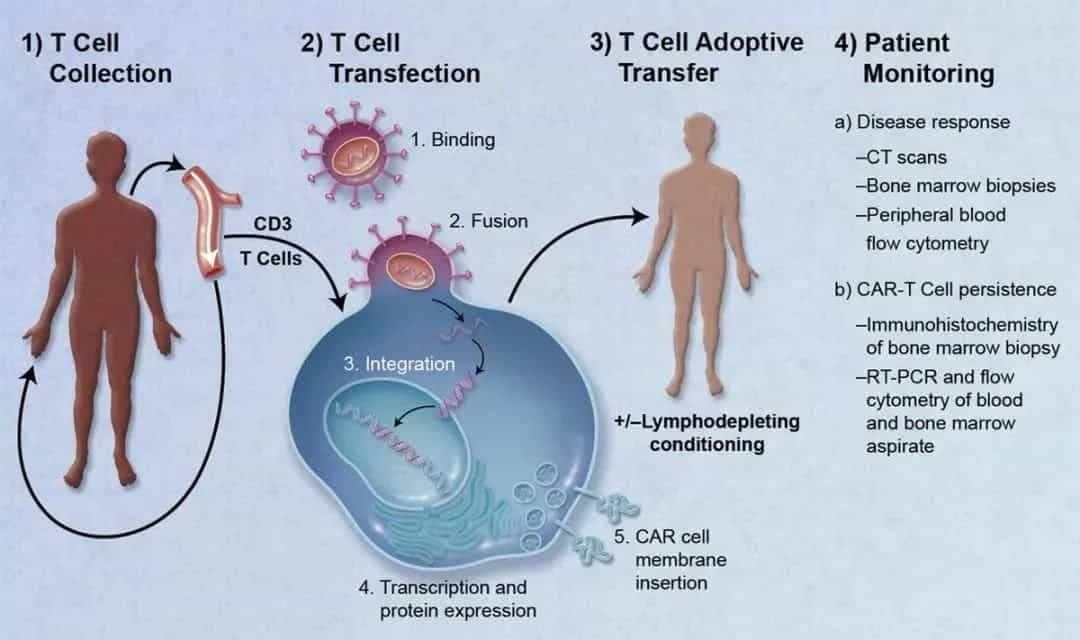
.png)
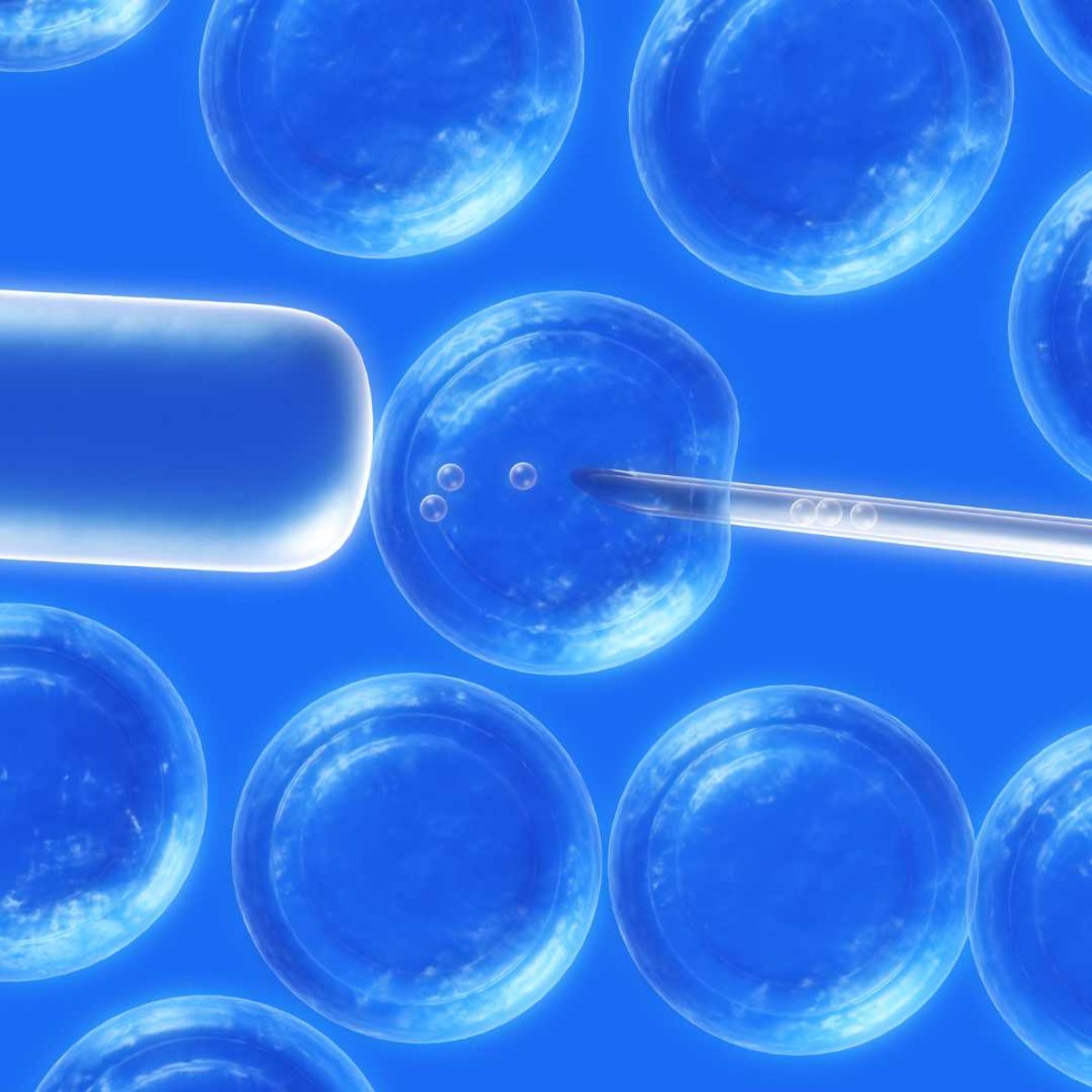
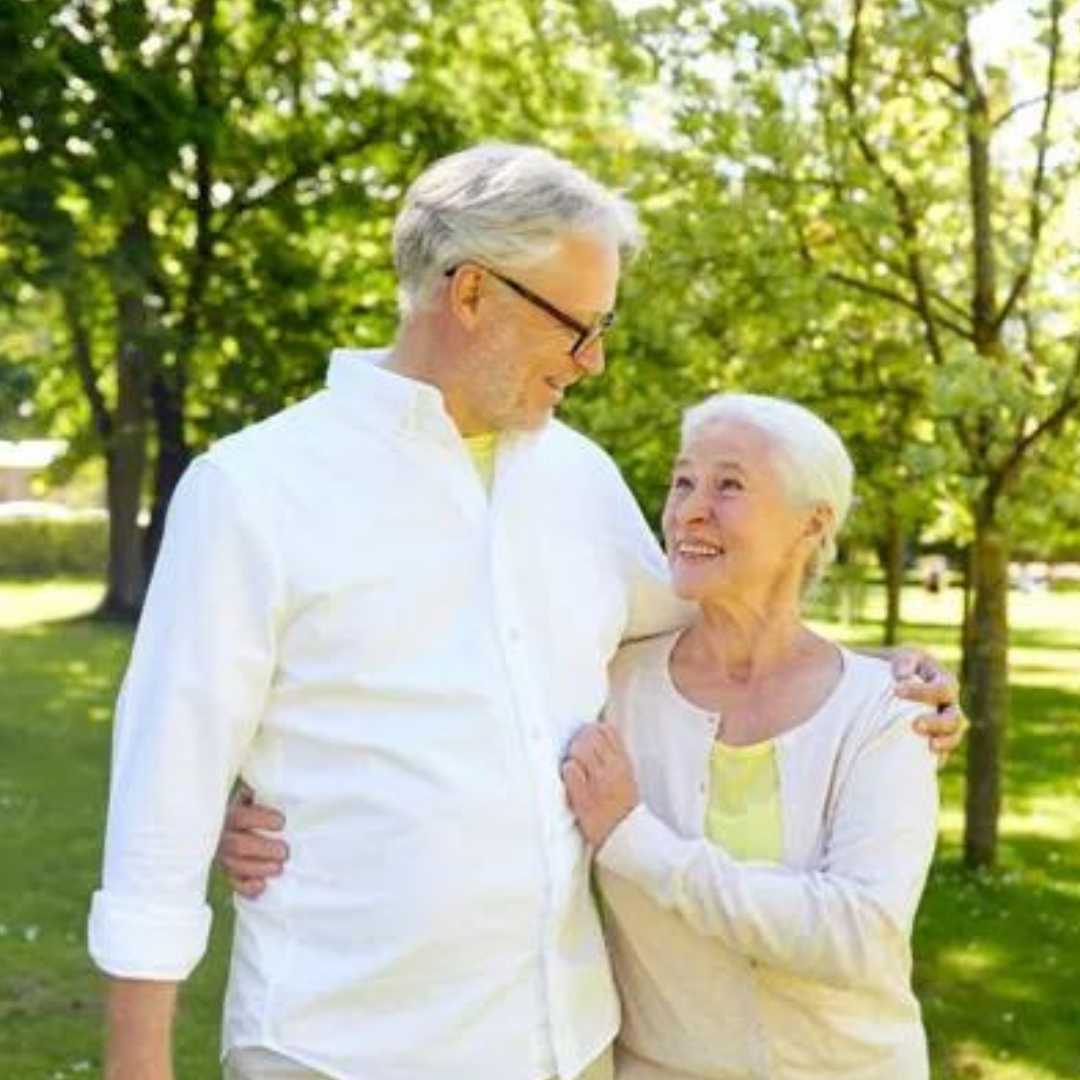








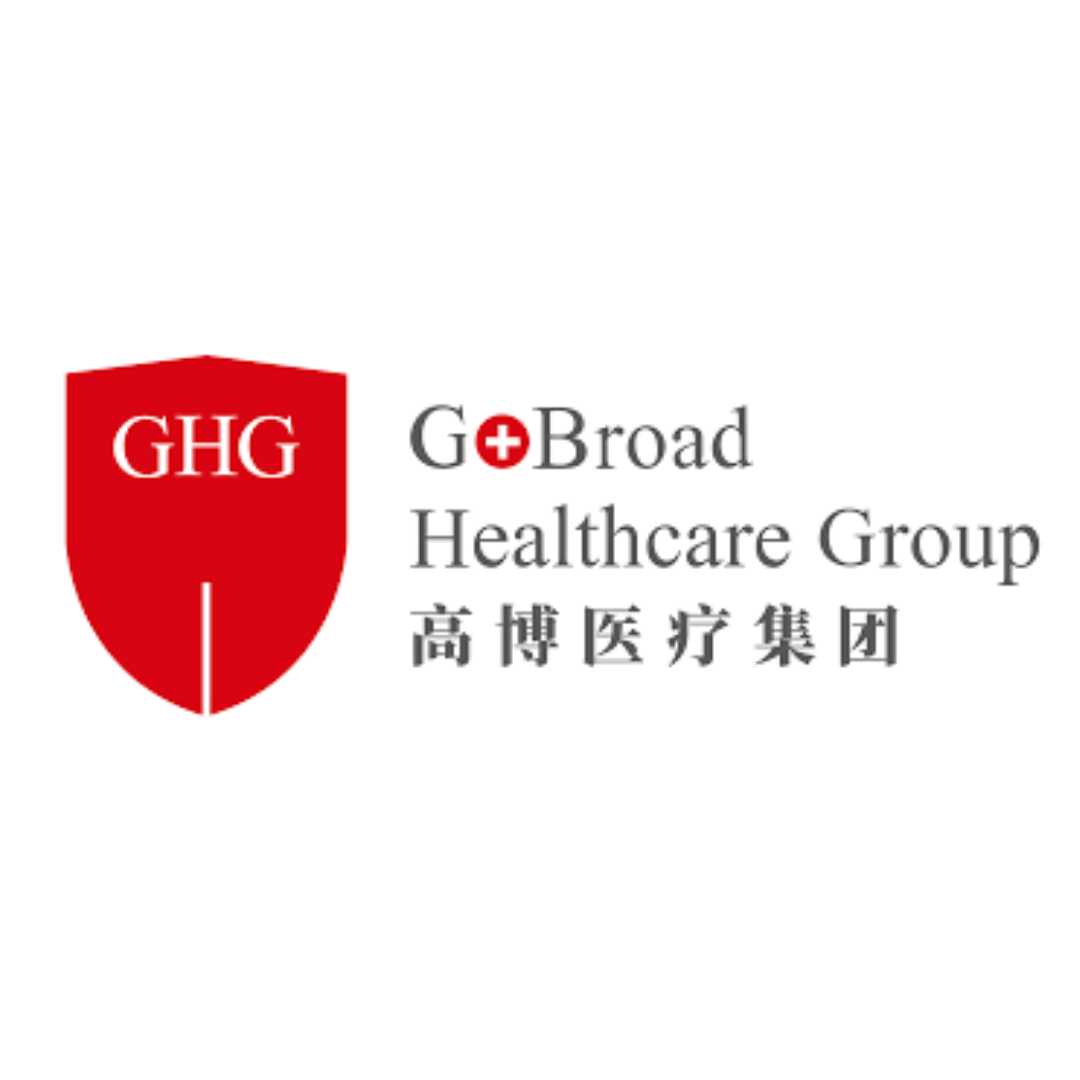
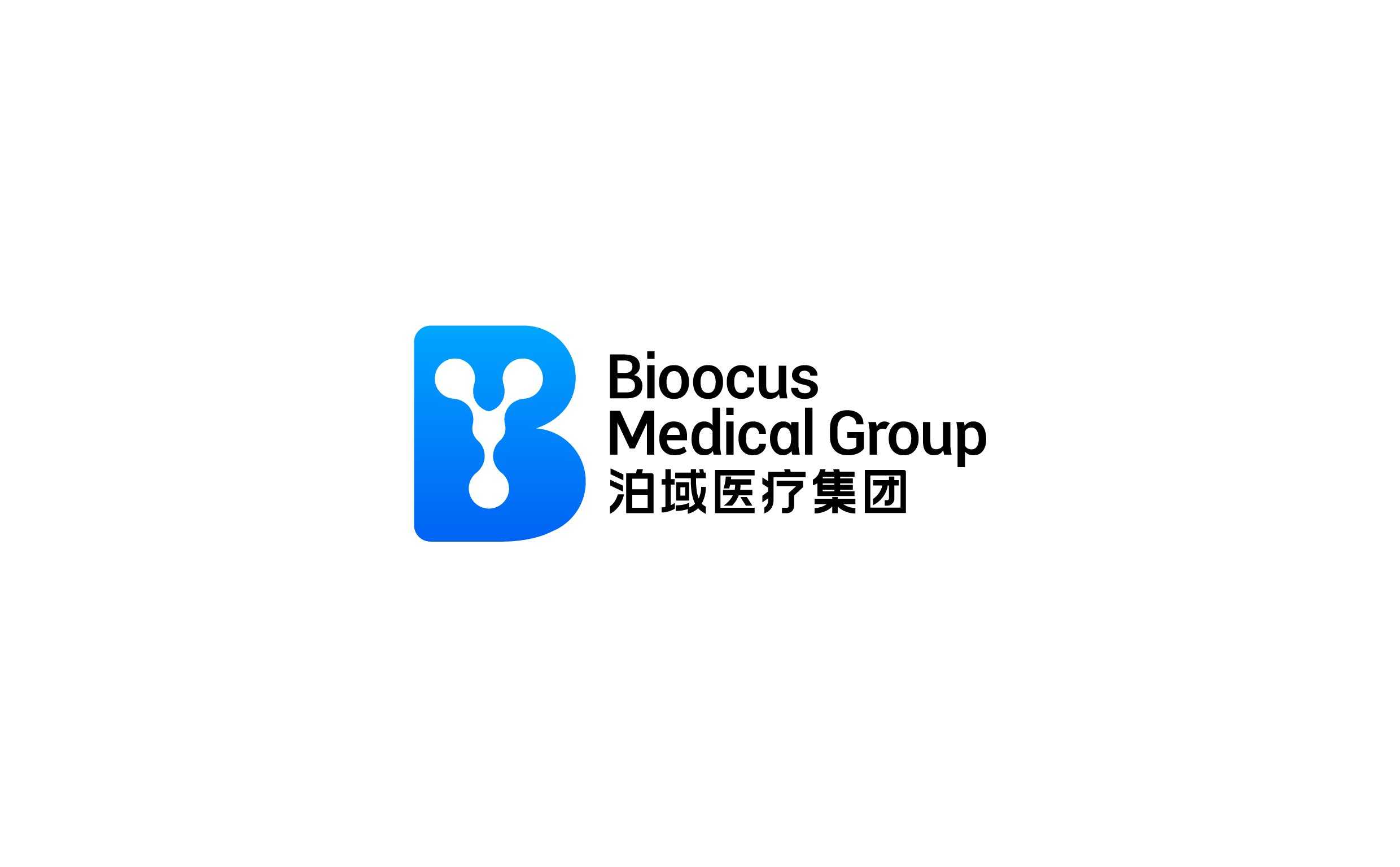
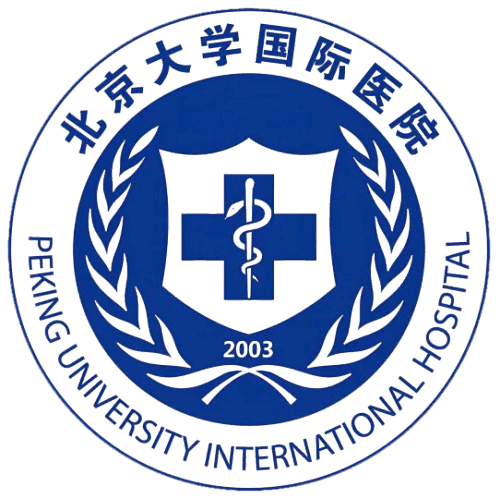
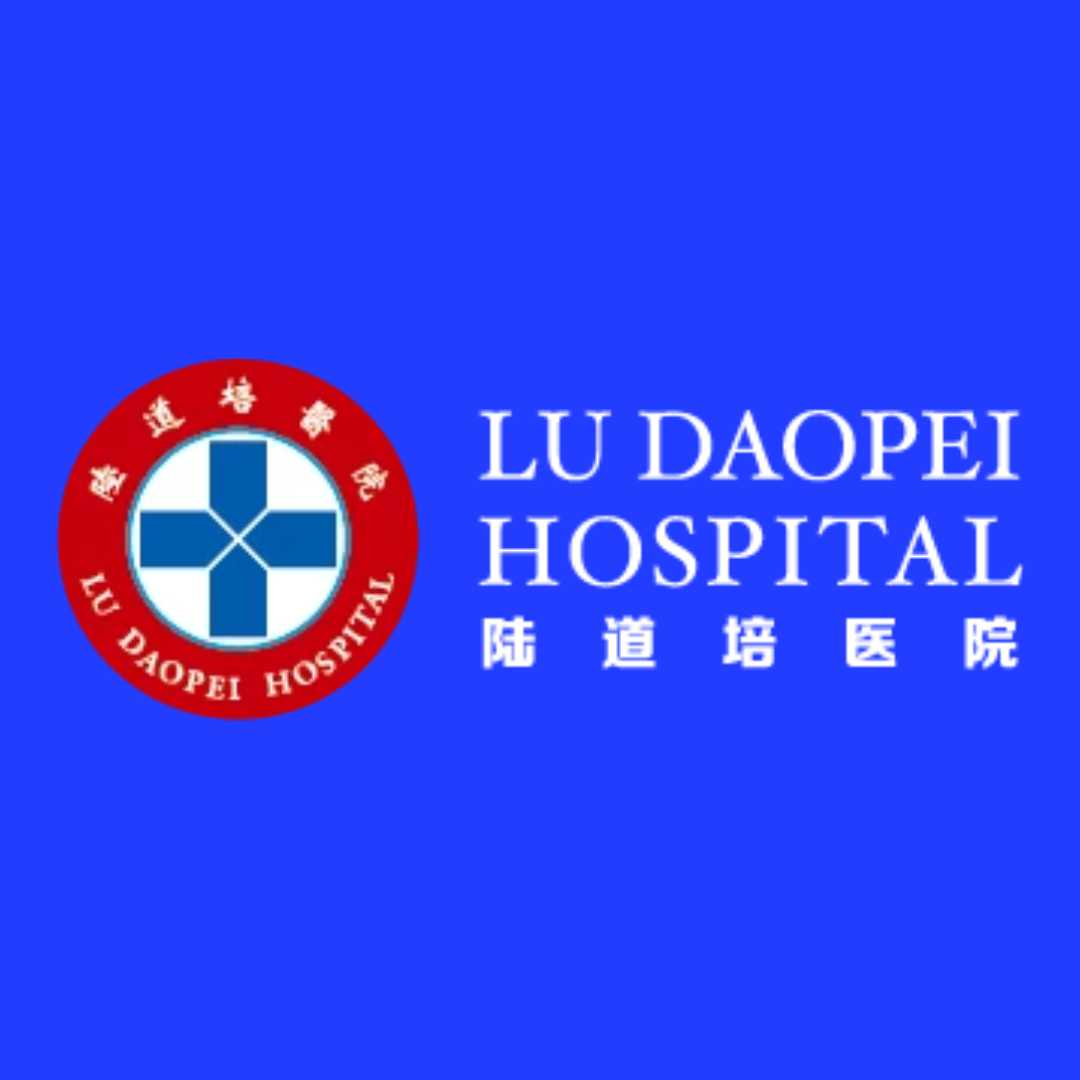

Share this listing